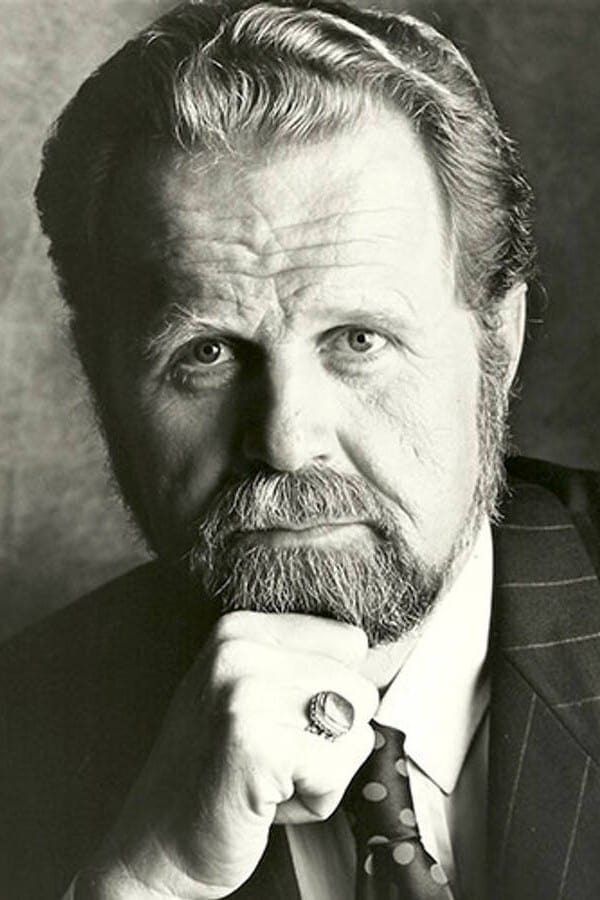
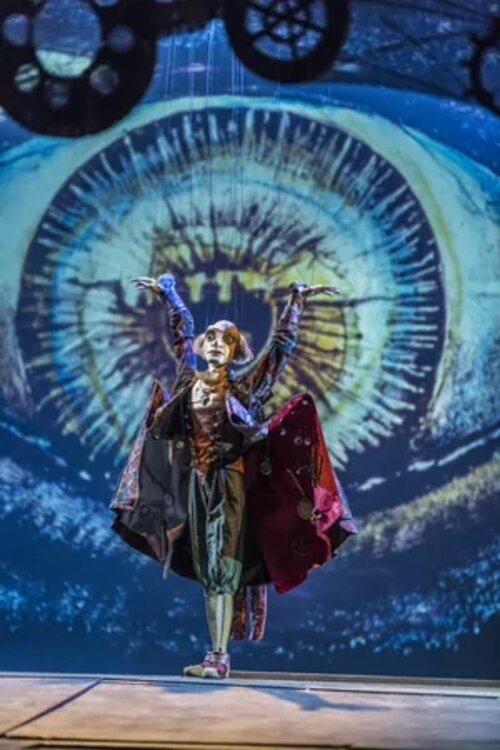
In Luther's beer-cellar, lusty singing extols the virtues of beer and wine. For this evening, the Muse decides to deflect the poet Hoffmann's attention from amorous escapades, so that he will devote himself entirely to his art. Hoffmann tells of the three unhappy loves of his life: Olympia, Antonia and Giulietta.
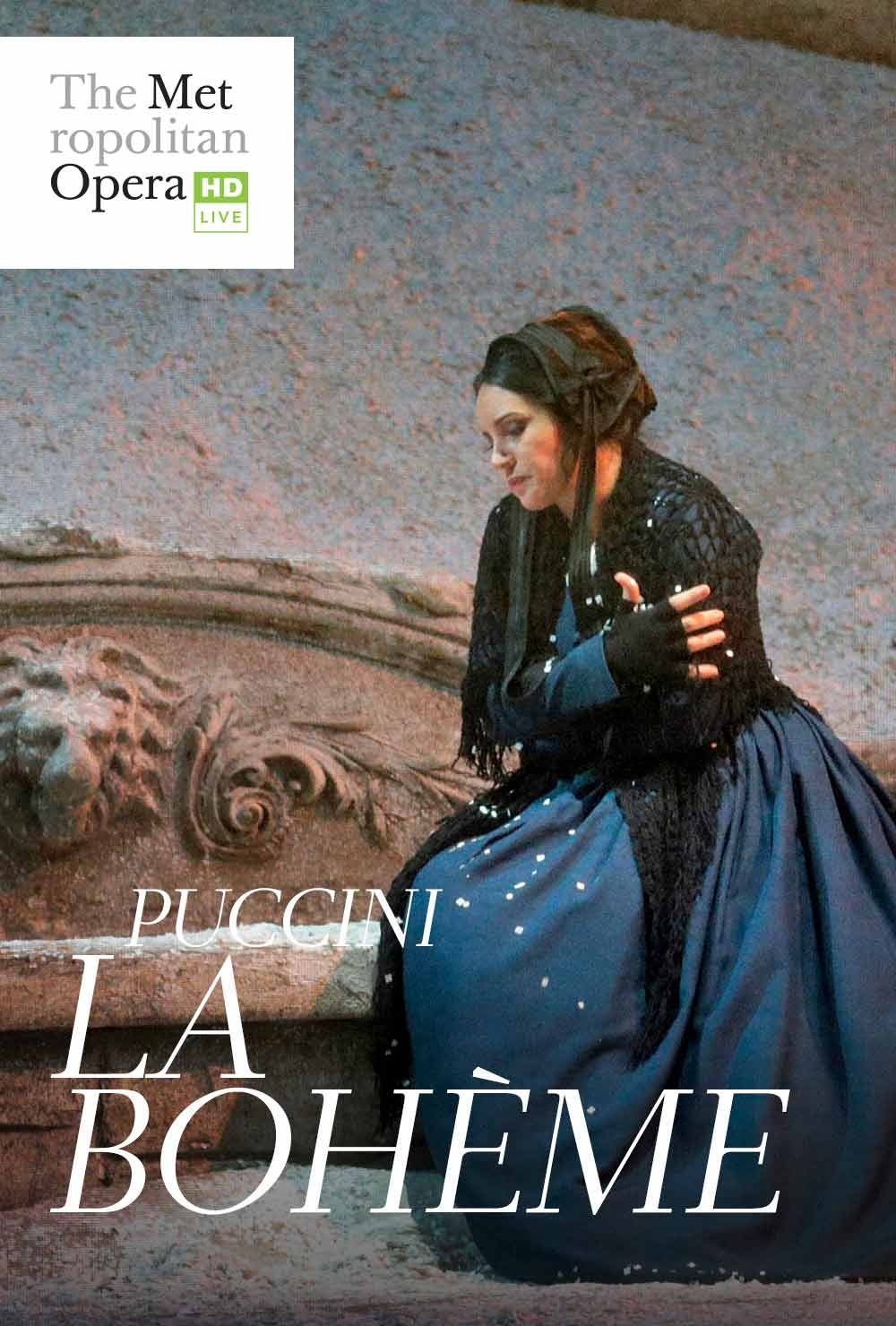
Puccini’s timeless love story, which includes some of its composer’s most beloved music, has moved generations of opera lovers since its 1896 world premiere. It has also proved incredibly popular with the Met’s global HD audiences and has been featured in three live high-definition transmissions since 2008. The most recent, presented during the 2017–18 season, includes a cast of celebrated young artists. Soprano Sonya Yoncheva is the fragile seamstress Mimì, who instantly falls in love with the passionate poet Rodolfo, sung by tenor Michael Fabiano. Soprano Susanna Phillips and baritone Lucas Meachem trade both spars and kisses as the on-again-off-again lovers Musetta and Marcello, with bass Matthew Rose and baritone Alexey Lavrov rounding out the rambunctious gang of bohemian friends. Maestro Marco Armiliato takes the podium to lead Franco Zeffirelli’s picturesque staging.
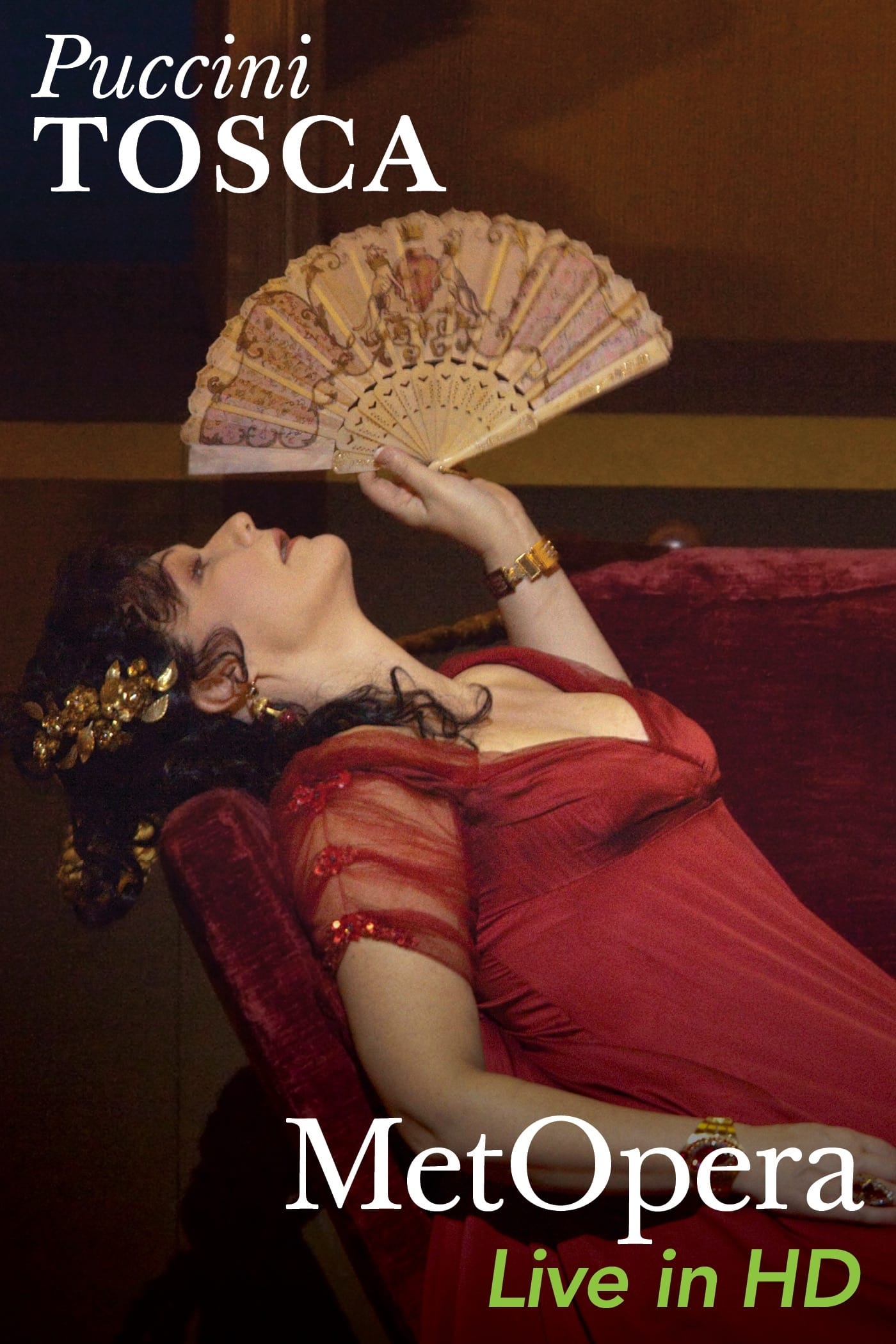
Puccini’s musical thriller of lust, murder, and politics is one of the most dramatically riveting operas in the repertoire. Luc Bondy’s production, with sets by Richard Peduzzi and costumes by Academy Award-winning designer Milena Canonero, opened the Met’s 2009–10 season. Karita Mattila stars as the beautiful and dangerously impulsive singer Floria Tosca. Marcelo Álvarez is her lover, the painter Cavaradossi, a political enemy of the powerful chief of police, Scarpia (George Gagnidze), who wants Tosca for himself.
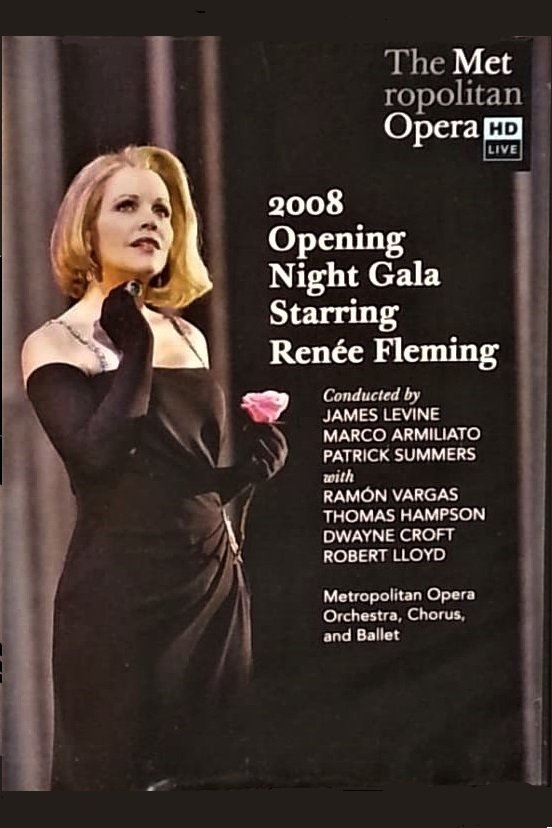
Keeping with a long-standing tradition, Renee Fleming kicks off the new season at the Met with scenes from Verdi's Traviata, Massenet's Manon, and Strauss' Capriccio. She is joined by Ramon Vargas and Thomas Hampson.
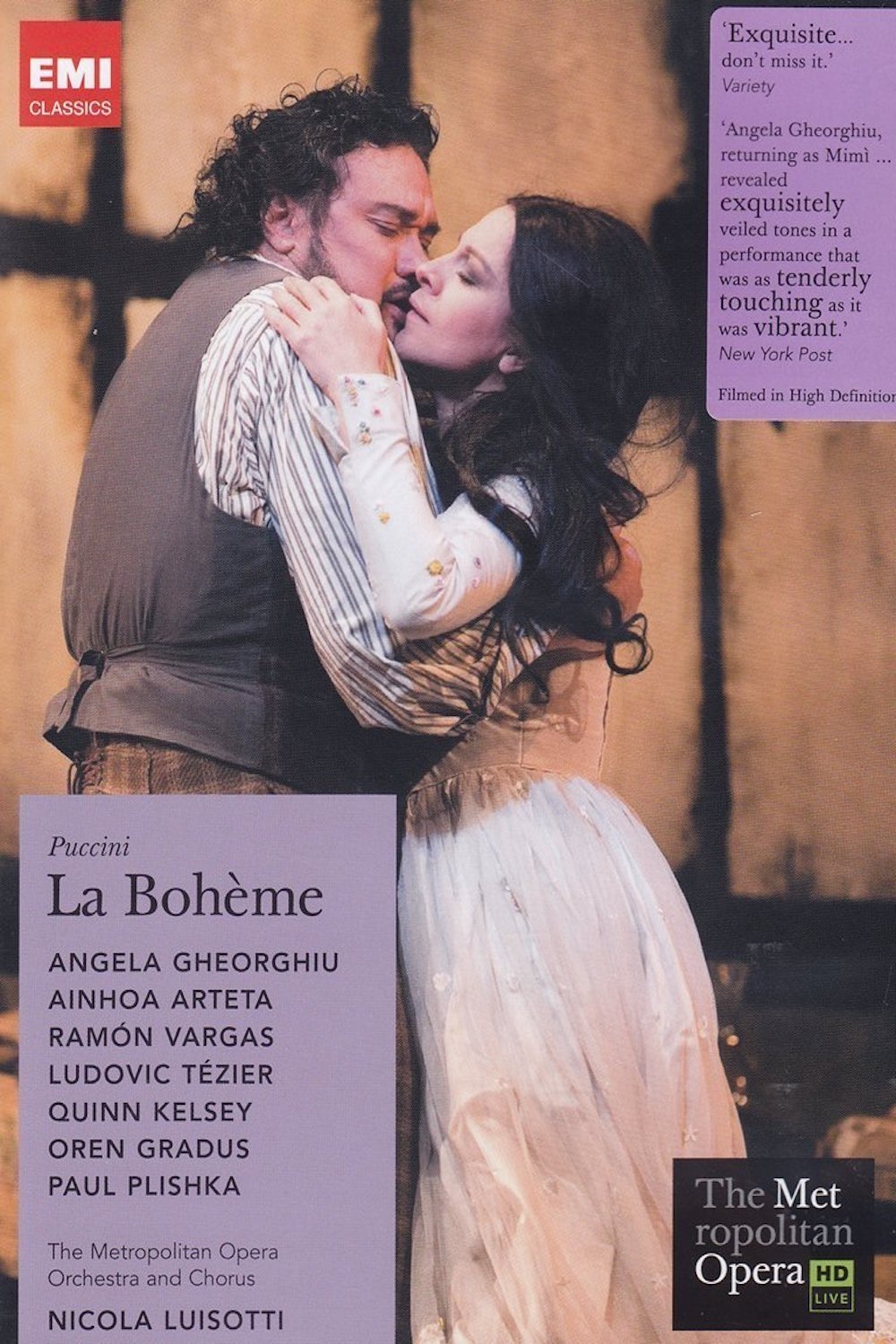
Puccini’s evergreen paean to young love and the bohemian life has captivated generations of Met-goers through Franco Zeffirelli’s iconic production. Movie theater audiences for the high-definition transmission of this staging got to see it with fresh eyes in a touching performance starring Angela Gheorghiu and Ramón Vargas as the frail seamstress and her poetic lover.

One of today’s most compelling singing actresses, Karita Mattila takes on the irresistible role of Manon Lescaut, the headstrong young woman torn between a life of luxury and the call of her true love: the Chevalier des Grieux, played by Marcello Giordani. The young Puccini lavished some of his most sensual music on this early hit, conducted here by James Levine.
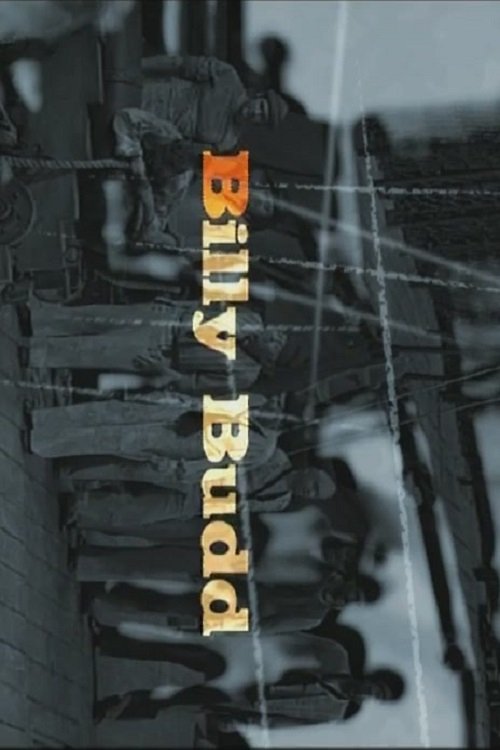
John Dexter’s brilliant production of Britten’s searing opera stars Dwayne Croft in the title role of the handsome young sailor whose kindness and innocence cause his downfall. The great James Morris is Claggart, master-at-arms on the 18th-century warship Indomitable, who falsely accuses Billy of inciting a mutiny. Philip Langridge sings Captain Vere, the honest commander who knows that Billy is innocent but finds himself unable to save him. Steuart Bedford, Britten’s close collaborator during the last years of the composer’s life, is on the podium.
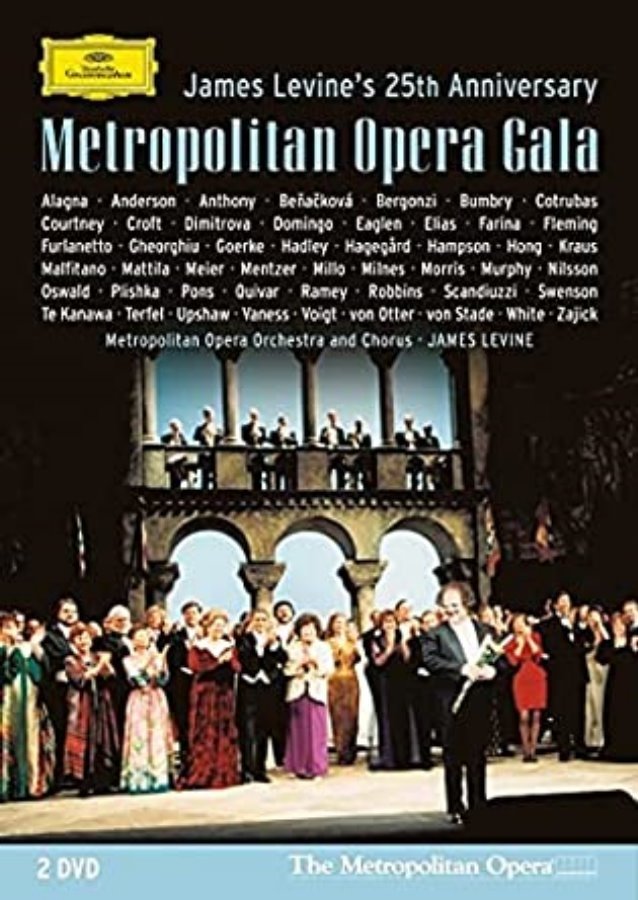
This tribute to James Levine, first shown on PBS, was only part of that glorious evening. Here we have the whole performance, up to three hours. I could not stop watching these discs. Let me say this much; Levine has done for the Met, making it the premier opera house in the world, what Karajan did with the Berlin, making it one of the finest orchestras ever. So sit back and enjoy.
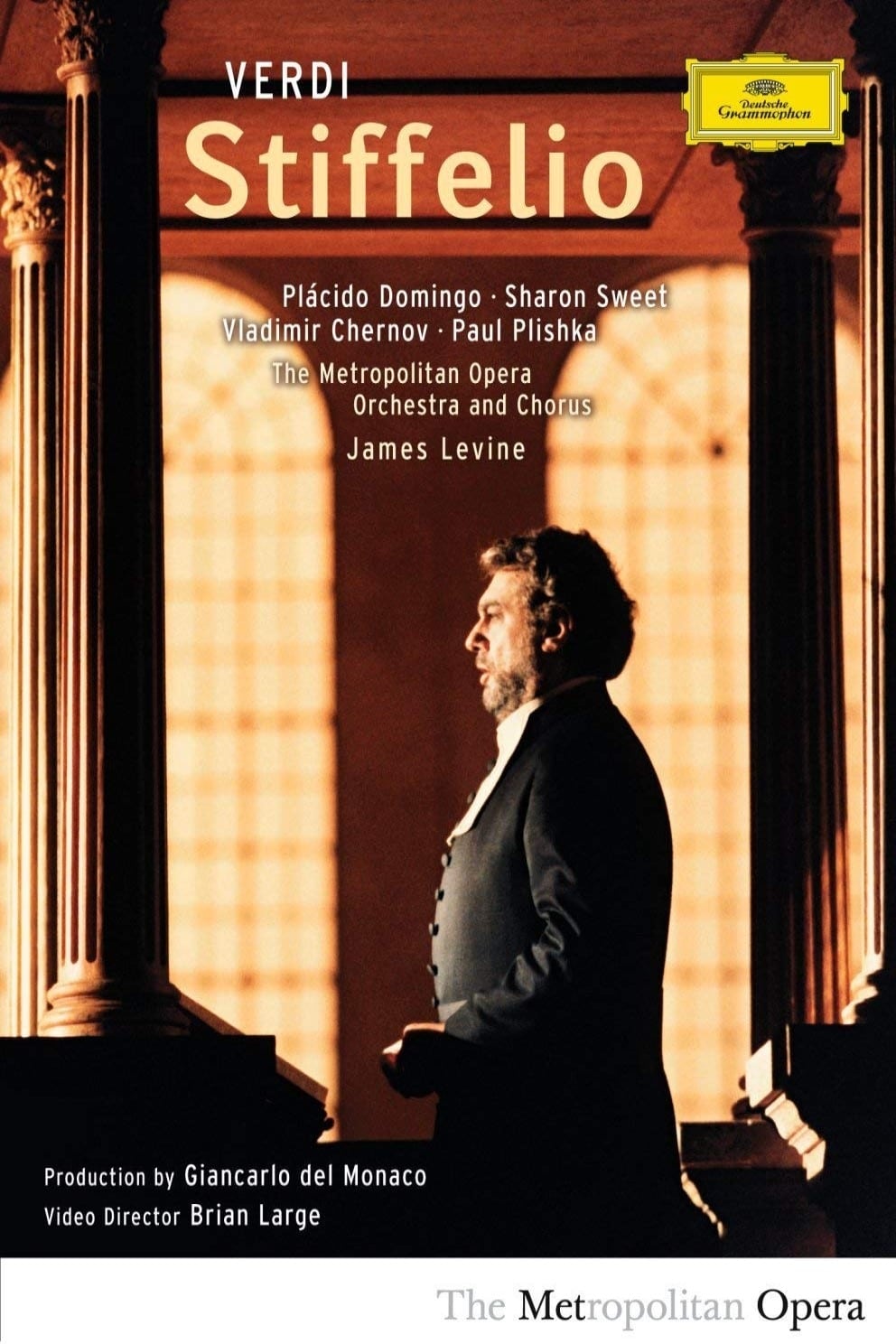
Giuseppe Verdi's opera of religion, revenge and redemption gets the star treatment in this 1993 Metropolitan Opera production conducted by James Levine and starring Plácido Domingo as the cuckolded man of God at the center of the tale. Sharon Sweet sings the role of Domingo's adulteress wife and Vladimir Chernov plays the vengeful father in this rarely staged gem directed by Giancarlo del Monaco and filmed by Brian Large.

It is to composer and librettist Arrigo Boito and his constant pestering of the octogenarian Verdi that there remained within him one last great comedy fighting to get out that we owe this absolute miracle of an opera. Produced in 1893 as Verdi turned 80 there is much in this masterpiece that can be identified as a modernist neoclassical work. The use of short motifs instead of long arioso melodic lines, the spry and reduced orchestral textures and the lack of a single 'stand and deliver' dramatic declamatory aria all serve to make this more of a 20th century work than an example of 19th century late-Romanticism.
By browsing this website, you accept our cookies policy.